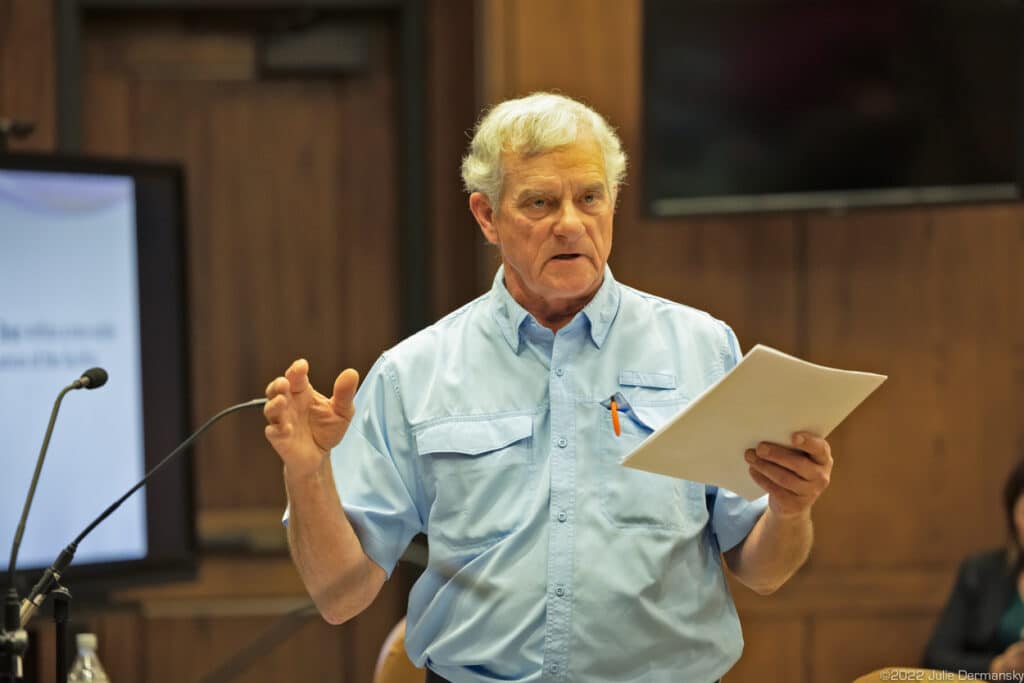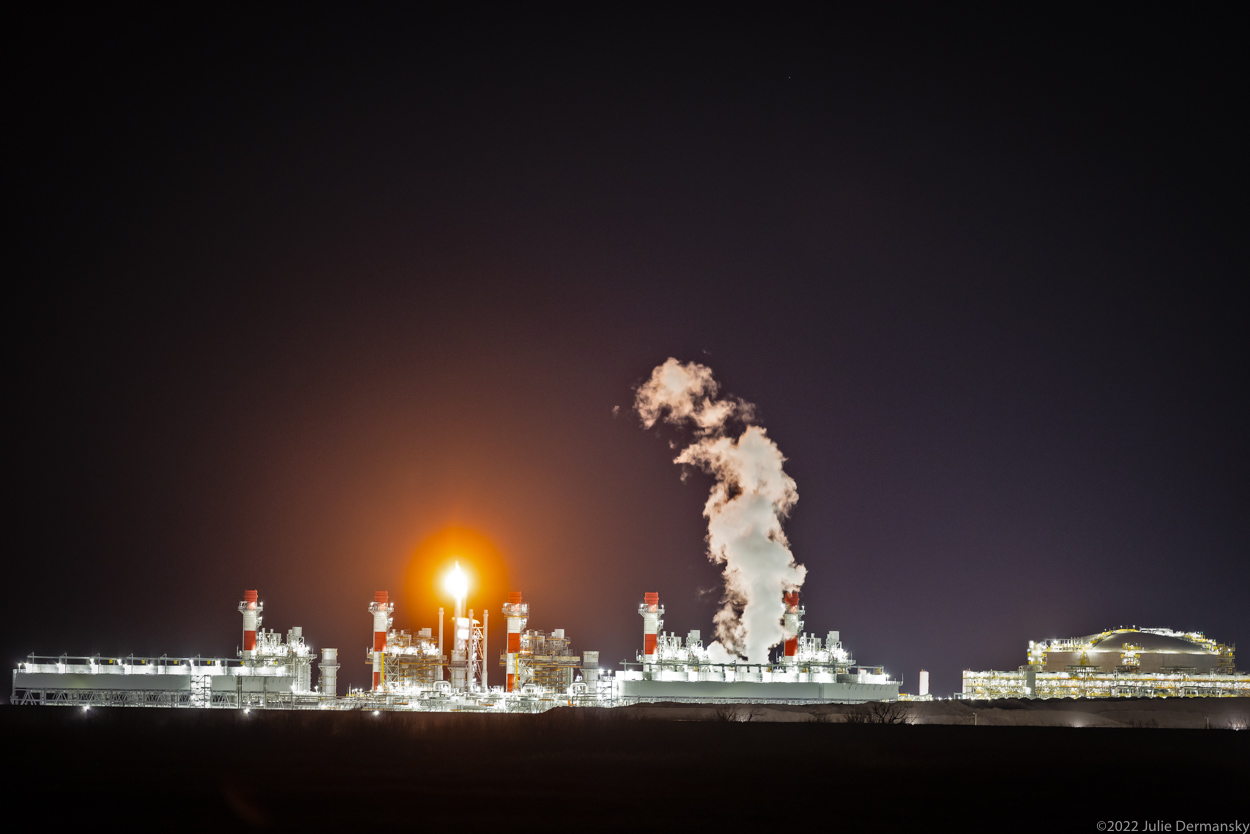By John C. Allaire
When I look out my window here in Cameron Parish, Louisiana, I see hundreds of marsh birds: ospreys, pelicans, ducks, ibis, terns, roseate spoonbills — beautiful wildlife that now is under attack, as in many areas along the Gulf Coast.
This truly is God’s country, but massive gas export terminals proposed to be built here will destroy these precious natural resources and cause irreparable harm to the environment and those who depend on this region for their livelihoods — all just to export more energy to America’s competitors.
For several years, oil and gas companies have claimed that the United States needs additional gas export terminals to liquify and ship gas from the Gulf Coast. Most recently, they’ve been telling us they urgently need to build additional terminals to liquify gas for our allies in Europe who depend on Russia for oil and gas. Of course, that’s not the case.
The reality is that oil and gas companies sell to the highest bidders on the global market. Some gas does end up in Europe, but with increasing and alarming regularity, gas exported from the Gulf is ending up in the hands of America’s adversaries, including the state-owned energy companies of China and other authoritarian regimes.
Since 2019, fuel exports from Louisiana to China have skyrocketed from 6,851 million cubic feet in 2019 to 449,667 million cubic feet in 2021 — an increase of 6,564 percent. And in China, three out of five petroleum companies are government-owned, while the other two effectively are under government control.
The gas that would be exported from the proposed new facilities will be sold on the open global market — including to America’s adversaries and state-owned enterprises. There is nothing in the Biden Administration’s pledges that requires that the gas be sold to our allies in Europe. And if we know anything about the oil and gas industry, it’s that they’ll pursue maximum profit.

Unlike our friends and allies, China is building its economy not only to improve the lives of its people, but also to unseat a democratic United States as a leading power. Also unlike many of our trading partners, China is backing Russian President Vladimir Putin in his brutal attempt to crush democracies and spread authoritarianism, as he now is doing to innocent civilians in Ukraine.
For all the destruction the industry is proposing on the Gulf Coast and for all the fuel they provide to adversaries of the United States, their business yields no benefits for American consumers. In fact, the more the industry sells overseas, the higher it raises prices here at home — and it’s not just gas prices, either. It’s the price of everything, from a cart of groceries to everyday consumer goods. That’s because the same gas they export still, for the time being, is an ingredient in fertilizers, medical devices and pharmaceuticals, and many other basic products.
Why, then, should any American back an industry that sows environmental destruction, benefits our adversaries, and pads the pockets of executives to the detriment of the average consumer? That’s why the gas companies tell us they’re the essential industry that will save Europe: because if they just told us the facts, they would have no support.
Fortunately, it’s not too late for us to act. Contact your member of Congress and the Federal Energy Regulatory Committee and urge them to reject these new terminals. Tell them that more gas exports mean more pollution, higher prices, and greater threats to our national security. When we all use our voice together, they will listen.
John C. Allaire is an environmental engineer who worked with Amoco and BP in the Gulf since 1980. He resides in Cameron Parish, Louisiana.
Subscribe to our newsletter
Stay up to date with DeSmog news and alerts






